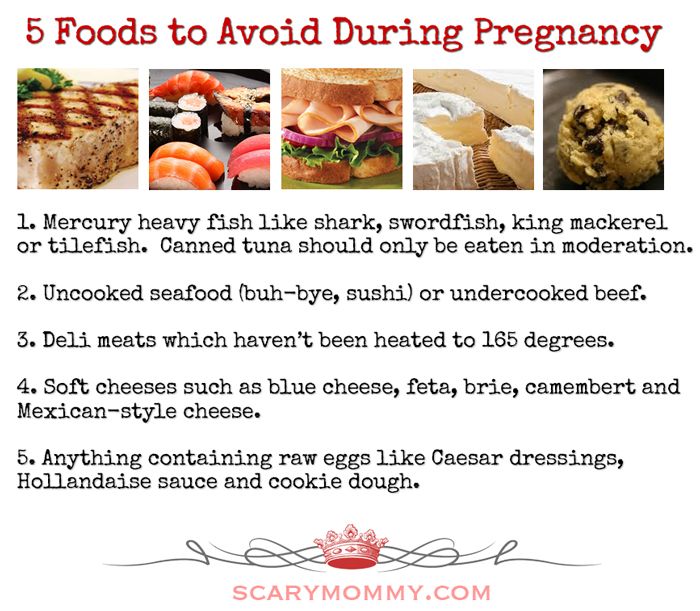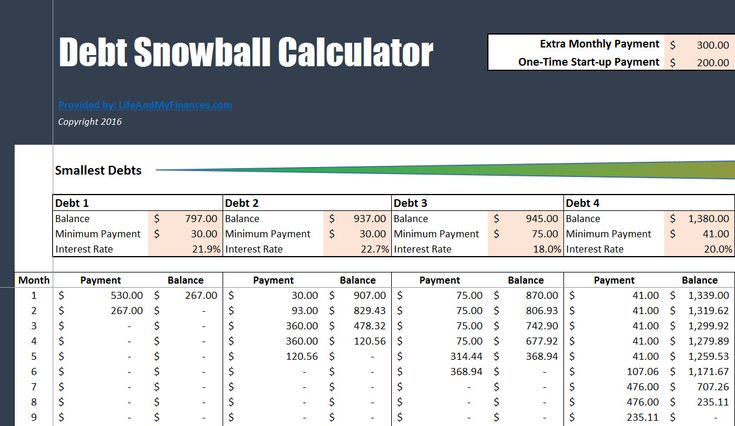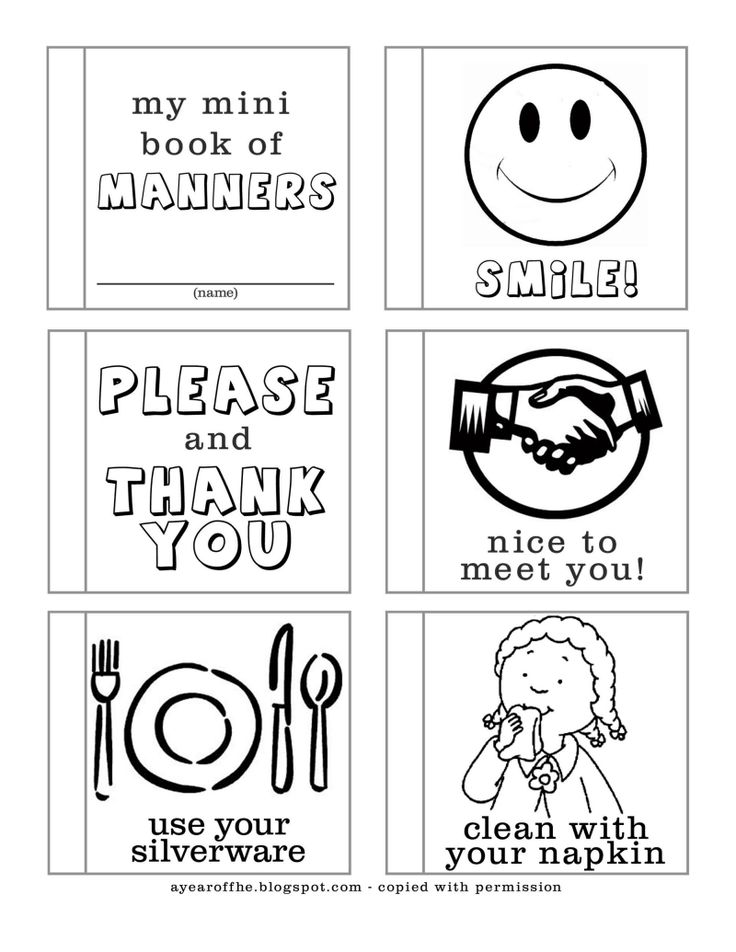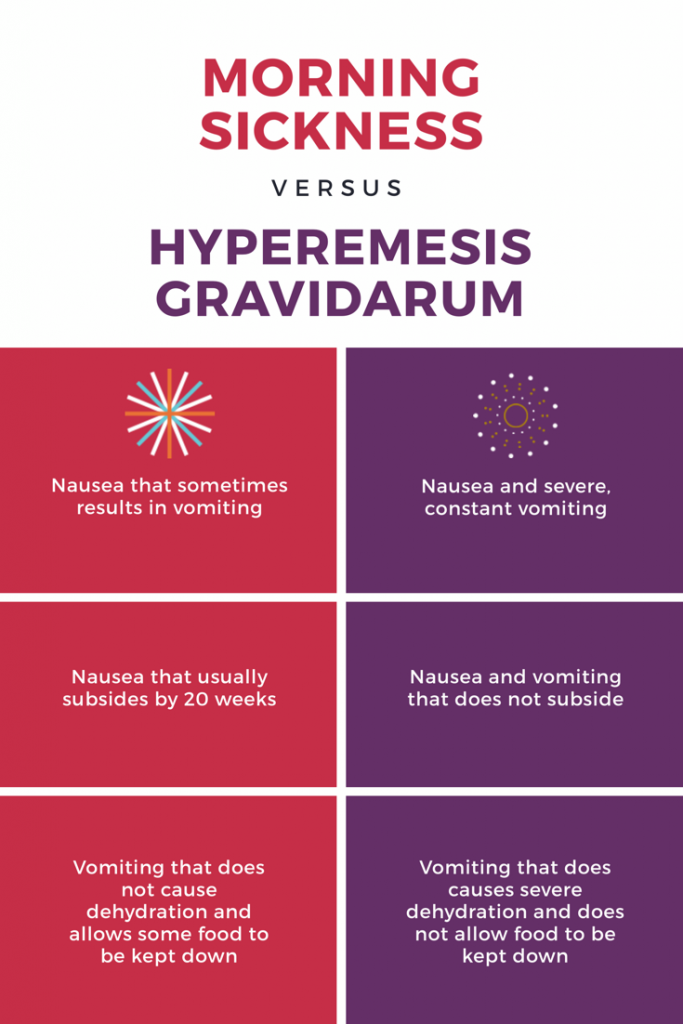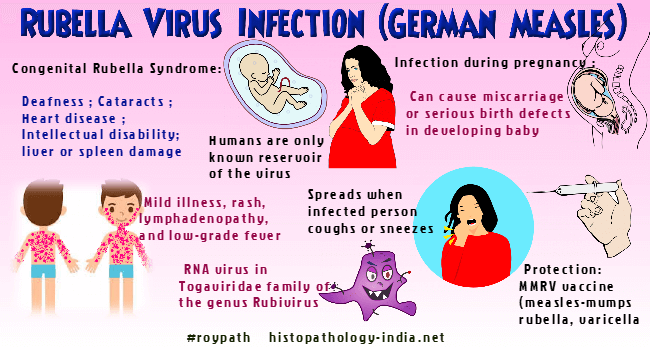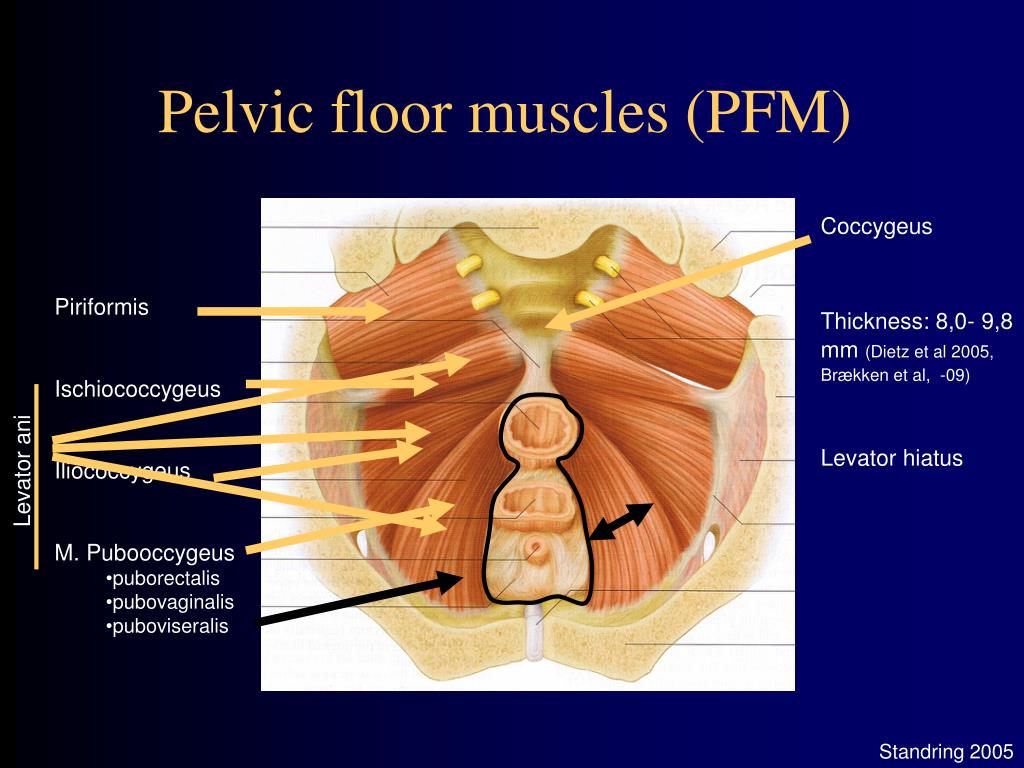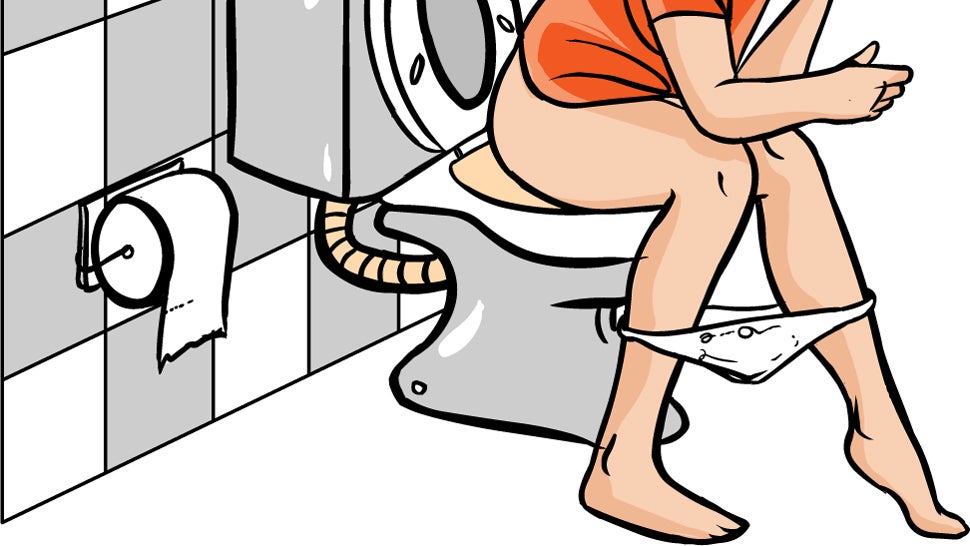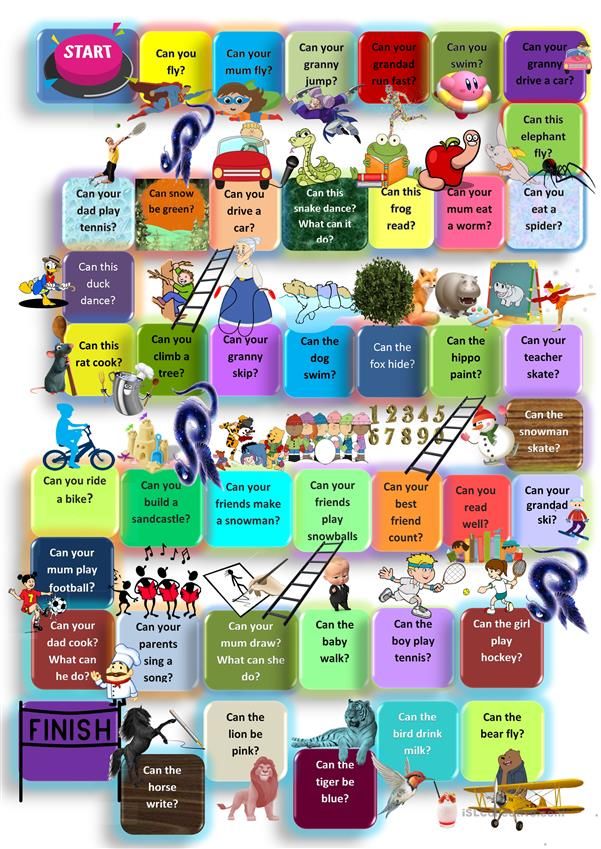What cheeses to avoid in pregnancy
Foods to avoid in pregnancy
Most foods and drinks are safe to have during pregnancy. But there are some things you should be careful with or avoid.
Cheese, milk and other dairyWhat you can eat
- pasteurised or unpasteurised hard cheeses, such as cheddar, Gruyere and parmesan
- pasteurised semi-hard cheeses, such as Edam and Stilton
- pasteurised soft cheeses, such as cottage cheese, mozzarella, feta, cream cheese, paneer, ricotta, halloumi, goats' cheese without a white coating on the outside (rind) and processed cheese spreads
- soft or blue cheese (pasteurised or unpasteurised) that has been cooked until steaming hot
- pasteurised milk, yoghurt, cream and ice cream
What to avoid
- any other foods made from unpasteurised milk, such as soft ripened goats' cheese
- pasteurised or unpasteurised mould-ripened soft cheeses with a white coating on the outside, such as Brie, Camembert and chèvre (unless cooked until steaming hot)
- pasteurised or unpasteurised soft blue cheeses, such as Danish blue, Gorgonzola and Roquefort (unless cooked until steaming hot)
- unpasteurised cows' milk, goats' milk, sheep's milk or cream
Why
There's a small chance that unpasteurised or soft ripened dairy products may contain Listeria bacteria. This can cause an infection called listeriosis.
Listeriosis can lead to miscarriage or stillbirth, or make your newborn baby very unwell.
Soft cheeses with a white coating on the outside have more moisture. This can make it easier for bacteria to grow.
Cooking cheese until it's steaming hot kills bacteria, reducing the risk of listeriosis.
Meat and poultryWhat you can eat
- meats such as chicken, pork and beef, as long as they're well-cooked with no trace of pink or blood; be especially careful with poultry, pork, sausages and burgers
- cold, pre-packed meats such as ham and corned beef
What to be careful with
- cold cured meats, such as salami, pepperoni, chorizo and prosciutto (unless cooked thoroughly)
What to avoid
- raw or undercooked meat
- liver and liver products
- all types of pâté, including vegetarian pâté
- game meats such as goose, partridge or pheasant
Why
There's a small risk of getting toxoplasmosis if you eat raw and undercooked meat, which can cause miscarriage.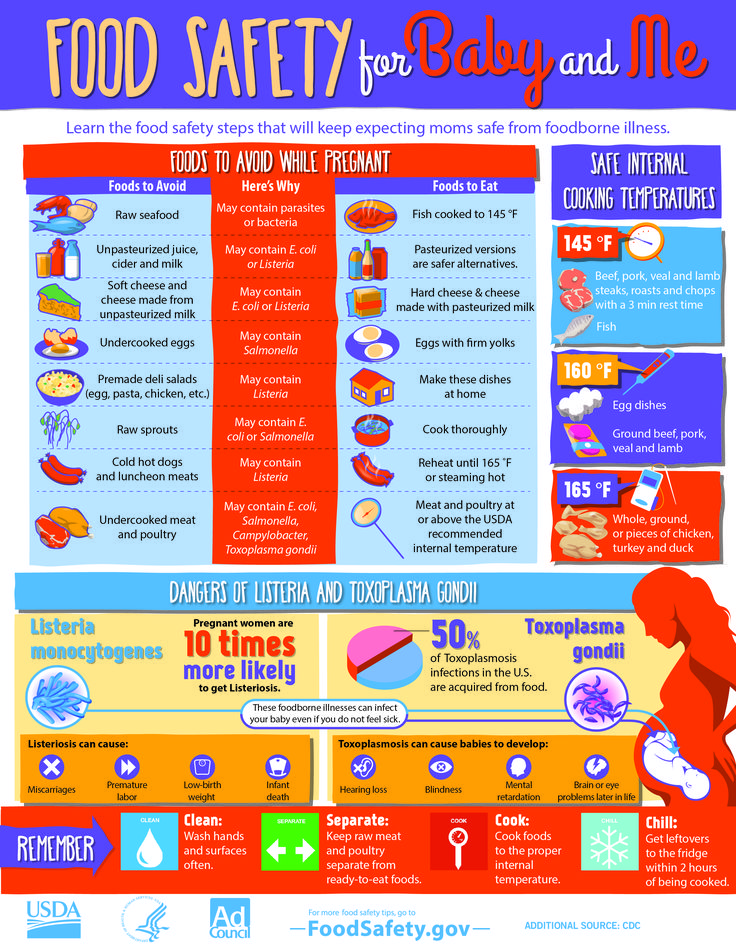
Cured meats are not cooked, so they may have parasites in them that cause toxoplasmosis.
Liver and liver products have lots of vitamin A in them. This can be harmful to an unborn baby.
Game meats may contain lead shot.
EggsWhat you can eat
- raw, partially cooked and fully cooked British Lion hen eggs (they have a lion stamp on them) and hen eggs produced under the Laid in Britain scheme
- foods made with raw hen egg, such as mousse and mayonnaise, if made with British Lion eggs or hen eggs produced under the Laid in Britain scheme
- well cooked eggs (white and yolk) from any hen eggs that are not British Lion eggs or produced under the Laid in Britain scheme
- well cooked eggs (white and yolk) of all other eggs, including duck, goose or quail
What to avoid
- raw or partially cooked hen eggs that are not British Lion or produced under the Laid in Britain scheme
- raw or partially cooked duck, goose or quail eggs
Why
British Lion hen eggs and hen eggs produced under the Laid in Britain scheme are less likely to have salmonella in them.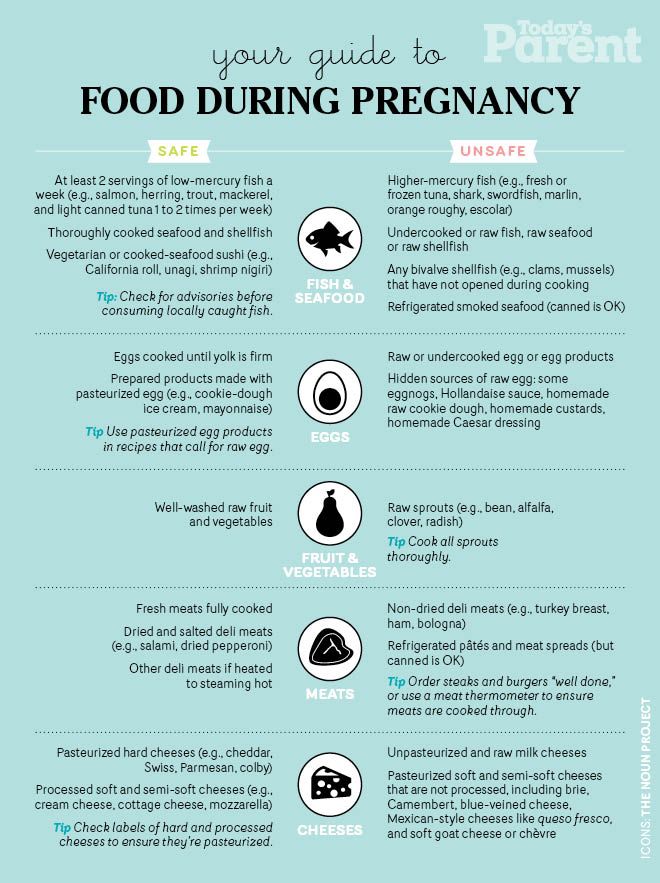
Salmonella is unlikely to harm your unborn baby, but you could get food poisoning.
You should cook all eggs thoroughly, unless they are British Lion hen eggs or hen eggs produced under the Laid in Britain scheme.
FishWhat you can eat
- cooked fish and seafood
- sushi, as long as the fish has been cooked thoroughly
- cooked shellfish, such as mussels, lobster, crab, prawns, scallops and clams
- cold pre-cooked prawns
What to be careful with
- smoked fish, such as smoked salmon and trout
Important: Smoked fish and listeria
Due to a listeria outbreak linked to smoked fish, people at higher risk of serious infection (including people who are pregnant) should only eat smoked fish products that have been thoroughly cooked.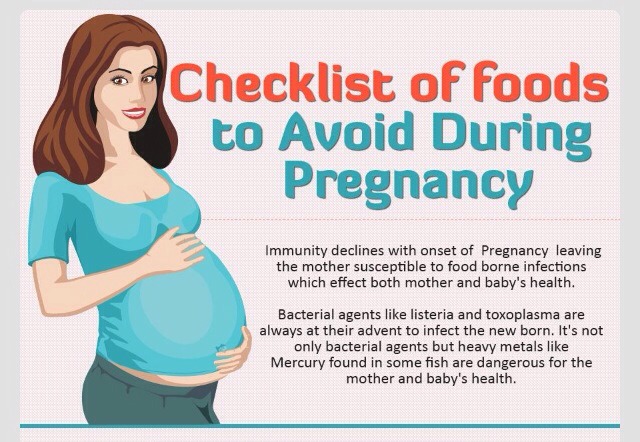
When cooking smoked fish products at home, make sure they are steaming hot all the way through.
Find out more about the listeria outbreak in smoked fish from the Food Standards Agency
What to limit
- you should eat no more than 2 portions of oily fish a week, such as salmon, trout, mackerel or herring
- you should eat no more than 2 tuna steaks (about 140g cooked or 170g raw) or 4 medium-size cans of tuna (about 140g when drained) per week
Information:
Tuna does not count as an oily fish
You can have 2 tuna steaks, or 4 medium-size cans of fish, as well as 2 portions of oily fish.
What to avoid
- swordfish
- marlin
- shark
- raw shellfish
Why
You should limit tuna because it has more mercury in it than other fish.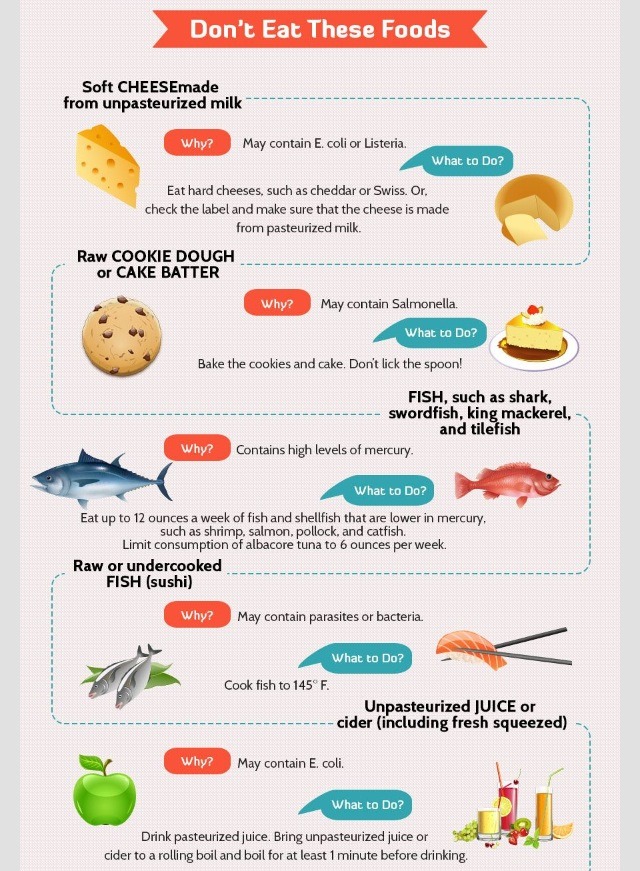 If you eat too much mercury, it can be harmful to your unborn baby.
If you eat too much mercury, it can be harmful to your unborn baby.
You should limit oily fish because they can have pollutants such as dioxins and polychlorinated biphenyls in them. If you eat too much of these, they can be harmful to your unborn baby.
You should avoid raw shellfish because they can have harmful bacteria, viruses or toxins in them. These can make you unwell and give you food poisoning.
Other foods and drinksCaffeine
You can have caffeine, but no more than 200mg per day.
There is:
- 100mg in a mug of instant coffee
- 140mg in a mug of filter coffee
- 75mg in a mug of tea (green tea can have the same amount of caffeine as regular tea)
- 40mg in a can of cola
- 80mg in a 250ml can of energy drink
- less than 25mg in a 50g bar of plain dark chocolate
- less than 10mg in a 50g bar of plain milk chocolate
Alcohol
Drinking alcohol in pregnancy can lead to long-term harm to your baby.
If you're pregnant or planning to get pregnant, the safest approach is to not drink alcohol at all.
This keeps risks to your baby to a minimum.
Herbal teas
You should drink no more than 4 cups of herbal tea a day.
Liquorice
Liquorice is safe to eat. But you should avoid liquorice root.
Fruits, vegetables and salads
Be careful with fruits, vegetables and salads as they can have soil on them, which can make you unwell.
Make sure to thoroughly wash all fruits, vegetables and salad ingredients.
Peanuts
You do not need to avoid eating peanuts when you're pregnant.
Only avoid eating peanuts if you're advised to by a healthcare professional or if you have a nut allergy.
Vitamins
Do not take high-dose multivitamin supplements, or any supplements with vitamin A in them.
Urgent advice: Call 111 if:
- you feel unwell after eating one of the foods to avoid
- you have signs of listeriosis or toxoplasmosis infection
Try not to worry if you've eaten one of the foods to avoid.
Get Start4Life pregnancy and baby emails
Sign up for Start4Life's weekly emails for expert advice, videos and tips on pregnancy, birth and beyond.
Page last reviewed: 16 April 2020
Next review due: 16 April 2023
What to Eat and What to Avoid
You’ve probably heard a lot of do’s and don’ts when it comes to your pregnancy.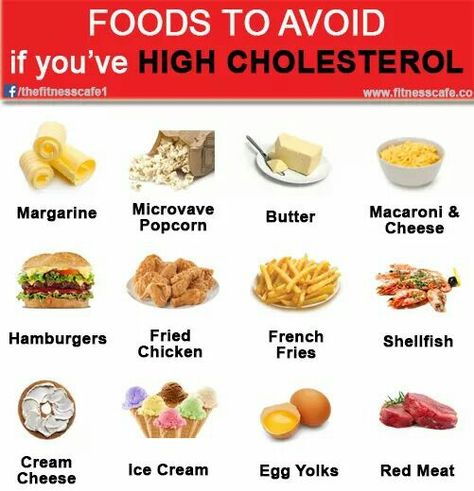 Among these, there are several food rules you’ve likely encountered — and some may seem confusing. Case in point: What’s the deal with not being able to eat certain cheeses?
Among these, there are several food rules you’ve likely encountered — and some may seem confusing. Case in point: What’s the deal with not being able to eat certain cheeses?
Don’t fret — many (if not most) of your favorite cheeses can be a healthy part of your pregnancy diet. Here’s how to navigate the cheese options at your grocery store.
Pregnant people are 10 times more likely than other adults to develop a serious infection called listeriosis. In fact, pregnant people make up about 1 out of every 6 people who develop this infection. It’s caused by Listeria bacteria that can be found in raw, unpasteurized milk and certain other foods.
As a result, experts recommend that you steer clear from any cheeses or other dairy products that are made using unpasteurized milk. You’ll need to stick to pasteurized varieties instead. Pasteurization is a process that heats food to a certain temperature to kill off harmful bacteria.
Here’s the good news: Most cheeses you’ll find on the shelves in the United States are safe to consume — including many soft cheeses that you may traditionally associate with being unsafe.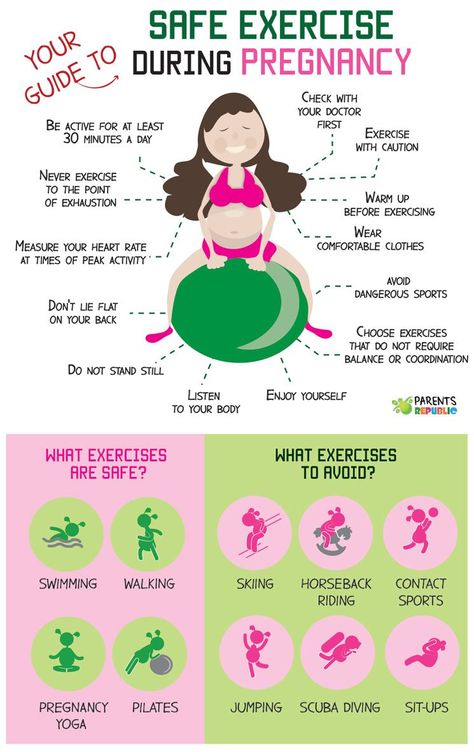
Always read labels carefully and look for the word “pasteurized” when choosing cheeses. In general, safe cheeses will be found in the standard dairy cooler area of your grocery store.
Otherwise, it’s a good idea to buy individual blocks or bags of shredded cheese versus having your cheese cut from a wheel (you might risk cross-contamination this way).
Safe varieties include but aren’t limited to:
- American
- Colby
- cheddar
- Monterey Jack
- pepper jack
- Colby Jack
- mozzarella
- Muenster
- provolone
- Swiss
- Gouda
- Parmesan
- Romano
- cottage cheese
- cream cheese
- ricotta
- any other cheeses (cow, goat, sheep) made using pasteurized milk
Soft cheeses, bacteria-ripened cheeses, and blue-veined cheeses are the types you may find in the deli or specialty aisles of your grocery store. Depending on the brand or source, they may or may not be pasteurized.
The same thing goes with cheeses you may find at your local farm stand or farmers market.
Potentially unsafe cheeses include:
- Brie
- Camembert
- feta
- Roquefort
- queso fresco
- queso blanco
- panela
Check labels carefully to see if the cheese in question is made with pasteurized milk. If it’s unclear on the packaging, be sure to ask a store associate before purchasing. And when in doubt, choose something else.
FYI: Federal laws are in place that make it illegal in some states to sell raw milk and other dairy products across state lines. There is one exception to this rule, and it’s for cheeses that are aged longer than 60 days. However, it still may not be worth the risk.
Related: 13 foods to eat while you’re pregnant
Unpasteurized cheeses may harbor E. coli or Listeria, which are harmful strains of bacteria that can make you sick with food poisoning.
Again, you have a higher risk of developing foodborne illnesses when you’re pregnant.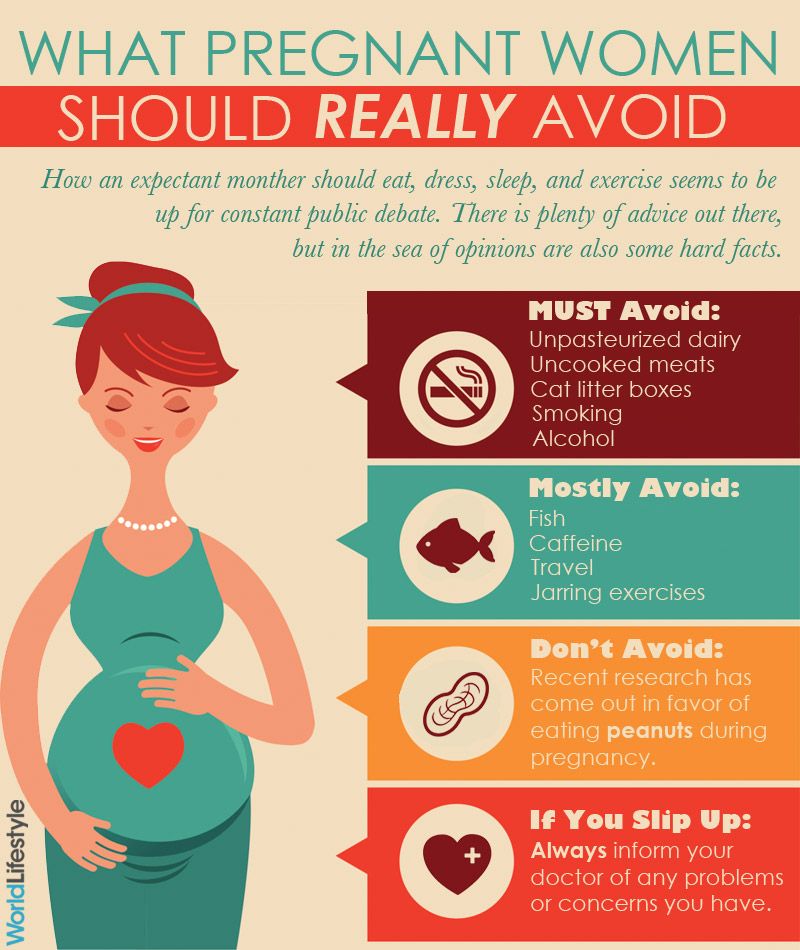 While most infections are mild, there are complications that may become life-threatening.
While most infections are mild, there are complications that may become life-threatening.
Worst-case scenario, you could develop a blood infection or even meningitis, which is the inflammation of the membranes surrounding your brain. This is rare.
What’s more concerning is that you may pass on the illness to your baby even if you don’t feel sick yourself. Complications for the baby include miscarriage, premature birth, illness, or even infant death from infection.
But my farmer tests their raw milk. Is it safe?
Unfortunately, a negative lab test is not a 100-percent guarantee that the milk used in cheese is safe to consume. It may be negative one day and positive the next, as bacteria can grow quickly. And low levels of contamination don’t always show up on lab testing.
If you’ve accidentally eaten cheese that’s in the unsafe category, try not to worry too much. That said, the Centers for Disease Control and Prevention report that around 1,600 people become ill from Listeria bacteria each year.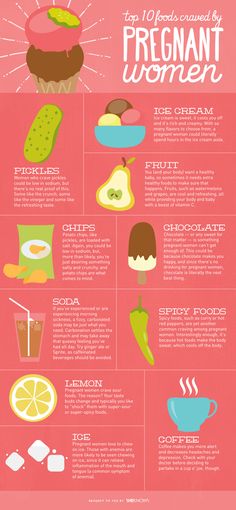 Of them, around 260 die.
Of them, around 260 die.
Keep an eye on yourself to see if you feel ill. You may notice diarrhea or stomach upset first. In the meantime, contact your doctor if you have questions about your potential exposure. Your doctor can draw your blood to test for infection and give you antibiotics, if necessary.
Be on the lookout if you develop flu-like symptoms (fever, muscle aches, etc.). These symptoms are associated with a more serious infection. It can take between 1 and 4 weeks to develop — and some people haven’t reported symptoms until 70 days after eating contaminated foods.
Related: 11 foods and beverages to avoid during pregnancy
Your favorite pasteurized cheeses can be a part of your pregnancy diet. Just be sure to read labels carefully while shopping and ask questions whenever the cheese’s pasteurization status is unclear.
If you really love unpasteurized cheeses, stay strong. You’ll be back to eating them after your baby is born with much less worry — so start pinning those fancy cheese plate recipes now!
Is it possible to eat cheese during pregnancy?
Cheese is a tasty and healthy product, beloved by many. That is why the statement of some doctors that any cheese is strictly forbidden to women during pregnancy can seriously spoil the mood. However, you should not despair - if you dig deeper, it turns out that everything is not so categorical. Below we will understand what are the benefits and harms of cheeses for pregnant women.
That is why the statement of some doctors that any cheese is strictly forbidden to women during pregnancy can seriously spoil the mood. However, you should not despair - if you dig deeper, it turns out that everything is not so categorical. Below we will understand what are the benefits and harms of cheeses for pregnant women.
Which cheeses should be avoided during pregnancy
Despite all its usefulness and the abundance of microelements and vitamins in its composition, some types of cheese can sometimes cause irreparable harm to a woman and her unborn baby. These are unpasteurized cheeses, which may contain Listeria monocyotogenes, the bacterium that causes listeriosis. Acute infectious disease is severe and is accompanied by chills, high fever, muscle pain, nausea and vomiting. Such a severe clinical picture can lead to a miscarriage or the development of severe pathologies in the fetus - given this, it is necessary to be extremely selective in choosing cheeses during childbearing.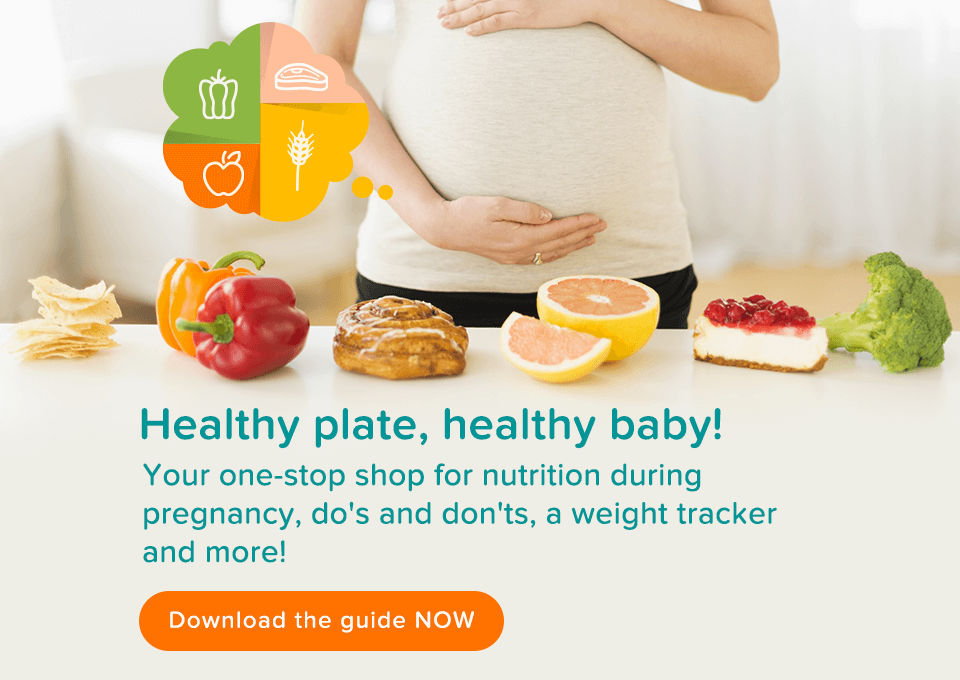 nine0003
nine0003
The infectious bacterium lives in unpasteurized cheeses made from sheep's and goat's milk that have not undergone heat treatment. We are talking about soft types of cheese and varieties with mold: dor blue, brie, camembert, cambonzola, etc. Also at risk are cheeses with blue mold: Roquefort, Gorgonzola, Savoy cheese. Such products contain a lot of liquid and little acid, which is the most favorable environment for the development of Listeria monocyotogenes.
Why mold is harmful when carrying a child
In addition to the risk of getting sick with listeriosis, eating delicious marbled cheeses, you run the risk of experiencing all the delights of the impact on the body of "noble" mold. So, valuable blue mold, which gives cheeses such a refined taste, endows the product with a number of side qualities. Being a pure antibiotic, mold kills the beneficial microflora that inhabits the body, which can cause intestinal dysbacteriosis and disrupt the digestive tract.
An imbalance of water and lactic acid in moldy foods can lead to the growth of fungus in the body, which is also highly undesirable for a pregnant woman who is already in a vulnerable state. Given the foregoing, doctors strongly recommend abandoning "live" cheeses for the period of bearing a child. nine0003
Which cheeses are safe for pregnant women? Under the influence of high temperature and careful processing, pathogenic bacteria die, making the cheese not only tasty, but also safe. Such cheeses include: gouda, maasdam, parmesan, cheddar, Poshekhonsky, etc. - all of them will not harm a pregnant woman, since the environment favorable for the life of bacteria is destroyed during high temperature processing. Eating hard cheeses, you will get the whole range of nutrients, saturate the body with calcium and, in addition, diversify your diet with a delicious product. nine0003
There is also good news for lovers of soft cheeses: there are varieties that pregnant women can safely include in their diet. These include delicious varieties such as feta, philadelphia, mascarpone, cottage cheese, goat cheese without rind (pasteurized), processed cheeses, etc. The technology for the production of such cheeses involves heat treatment, during which bacteria die. With soft cheeses, you can create various dishes, including delicious and healthy desserts - what could be better for a pregnant woman! nine0003
These include delicious varieties such as feta, philadelphia, mascarpone, cottage cheese, goat cheese without rind (pasteurized), processed cheeses, etc. The technology for the production of such cheeses involves heat treatment, during which bacteria die. With soft cheeses, you can create various dishes, including delicious and healthy desserts - what could be better for a pregnant woman! nine0003
When to start eating moldy soft cheeses
Once your baby is born and the breastfeeding period is over, you can enjoy the full range of cheeses, including the gourmet blue mold varieties. Soft cheeses from Zhukovka are rightfully considered one of the best. Accurate adherence to production technology, verified to the gram of the recipe - all this allows you to make truly gourmet cheeses. By the way, the manufacturer's assortment also includes pasteurized soft varieties, for example, classic feta cheese, which is safe for women in an interesting position. nine0003
Is it safe to eat cheese during pregnancy?
Food "Agave" | 12/14/2020
Proper nutrition during pregnancy is extremely important for maintaining the health of the mother and the full development of the baby.
 Many women are happy to eat cheese, not thinking about the fact that not all of its varieties are allowed.
Many women are happy to eat cheese, not thinking about the fact that not all of its varieties are allowed. Cheese is an excellent source of calcium and protein, two essential building blocks for a baby. By choosing low-fat cheese, you get these vital nutrients with relatively few calories. This is a good reason to pay attention to this product. By the way, a slice of cheese, along with whole grain crackers (or other complex carbohydrates), can help eliminate nausea, increase energy levels and mood, avoid headaches, and improve your sleep. And plus, it's delicious. But there are a number of dangers when eating certain types of cheese. nine0003 Moms-to-be know it's important to watch what they eat during pregnancy and keep a close eye on their diet, avoiding raw fish, unsafe seafood, and abstaining from alcohol. But what about cheese during pregnancy? If you are confused about which types of cheese are safe and which ones to avoid, let's look at these issues in detail. Cheese is an excellent source of calcium, but why is there so much talk about cheese, limiting some varieties to be consumed during pregnancy? This is due to the fact that unpasteurized cheese varieties are dangerous in terms of listeria infection with the development of a dangerous infection - listeriosis.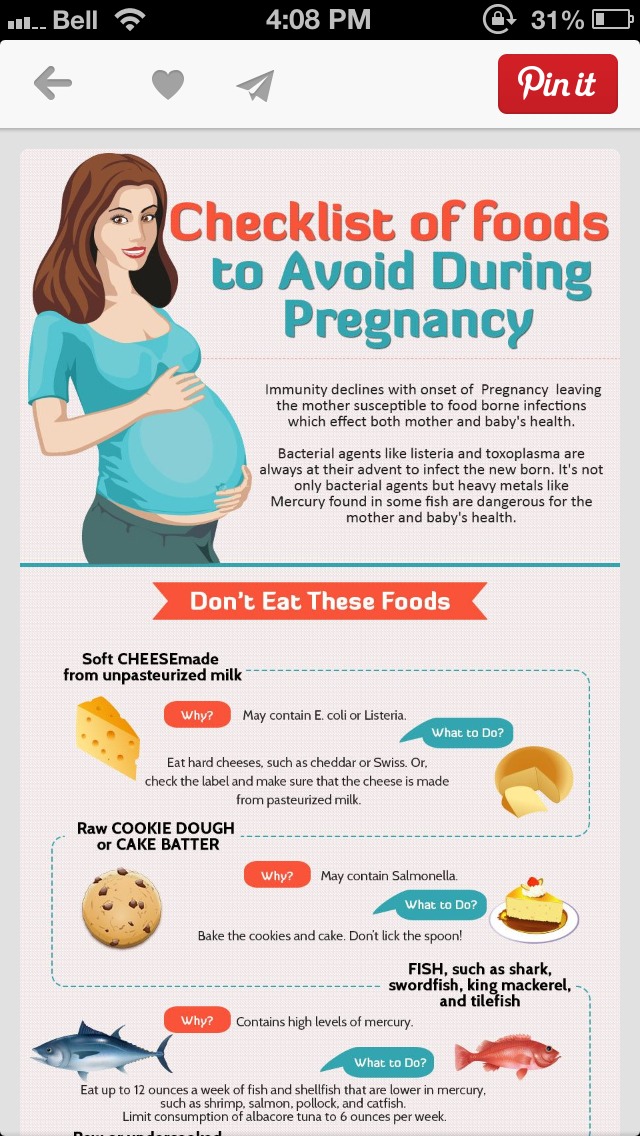 This is one type of food poisoning that can lead to vomiting and diarrhea. For most people, this problem resolves within a few days, but young children and pregnant women are more susceptible to listeriosis. According to experts, a pregnant woman is ten times more likely to be infected. If the infection enters the bloodstream, it can be passed to the baby and cause miscarriage, stillbirth, or premature birth. nine0022 Why pasteurization matters Listeria grows at low temperatures, which is why it's important to reheat food properly, and pasteurization is the process of heat treating milk to kill these potentially harmful pathogens. The problem with pasteurization is that it can also kill beneficial bacteria and destroy important amino acids, vitamins, and minerals in food. However, when it comes to cheese during pregnancy, all experts recommend eating pasteurized cheese and following the guidelines below. nine0022 Cheese during pregnancy: what is safe to eat? Because some cheeses are made with pasteurized milk or are cooked before serving, you don't have to cut out cheese completely while you're pregnant.
This is one type of food poisoning that can lead to vomiting and diarrhea. For most people, this problem resolves within a few days, but young children and pregnant women are more susceptible to listeriosis. According to experts, a pregnant woman is ten times more likely to be infected. If the infection enters the bloodstream, it can be passed to the baby and cause miscarriage, stillbirth, or premature birth. nine0022 Why pasteurization matters Listeria grows at low temperatures, which is why it's important to reheat food properly, and pasteurization is the process of heat treating milk to kill these potentially harmful pathogens. The problem with pasteurization is that it can also kill beneficial bacteria and destroy important amino acids, vitamins, and minerals in food. However, when it comes to cheese during pregnancy, all experts recommend eating pasteurized cheese and following the guidelines below. nine0022 Cheese during pregnancy: what is safe to eat? Because some cheeses are made with pasteurized milk or are cooked before serving, you don't have to cut out cheese completely while you're pregnant.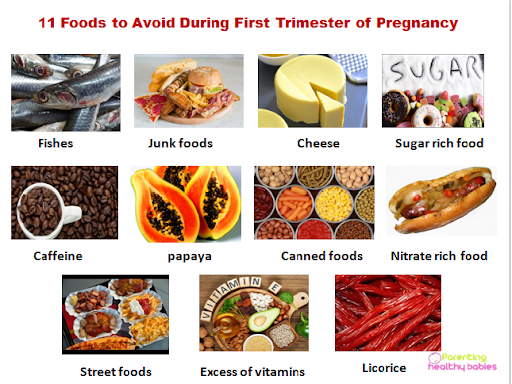 Here are some of the cheeses you can enjoy while pregnant.
Here are some of the cheeses you can enjoy while pregnant.
Hard cheese
All hard cheeses, whether made from pasteurized or unpasteurized milk, are generally safe to eat during pregnancy. Hard cheeses don't have as much water as soft cheeses, making it harder for bacteria to grow. Hard cheeses you can eat while pregnant include cheddar, gouda, gruyère, parmesan, edam, emmental, and other varieties. nine0003
Soft pasteurized cheese
If pasteurized, many soft cheeses are perfectly safe to eat during pregnancy. Here is a list of soft cheeses usually made with pasteurized milk: cottage cheese, cream cheese, goat cheese (no skin), ricotta, mozzarella, feta.
Cheese during pregnancy: what to avoid?
Some cheeses are strictly prohibited for pregnant women. Here are some of the cheeses you should not eat while pregnant. Soft, mold-ripened cheese. This type of cheese contains a large amount of water, which leads to the reproduction of Listeria. It is also less acidic than hard cheese, and because the acid kills bacteria, the cheese is more likely to contain bacteria. These soft cheeses are not recommended, even if they are pasteurized. You can tell if blue cheese is ripe - it will be soft to the touch and will have a white or moldy skin. Varieties of soft, ripened cheese to avoid include:
It is also less acidic than hard cheese, and because the acid kills bacteria, the cheese is more likely to contain bacteria. These soft cheeses are not recommended, even if they are pasteurized. You can tell if blue cheese is ripe - it will be soft to the touch and will have a white or moldy skin. Varieties of soft, ripened cheese to avoid include: - brie;
- camembert;
- goat cheese with skin;
- chev.
This type of soft cheese is not recommended during pregnancy, even if pasteurized. The "blue" color in these cheeses often comes from specially introduced bacteria that promote oxygen circulation and mold growth. Although this is necessary for the cheese to ripen faster, this technology can introduce unwanted bacteria. The following types of cheese should be excluded:
- Danish blue;
- gorgonzola;
- Roquefort;
 If you see the word "blue" or "blue" in the name, you may assume that it is not safe to eat it during pregnancy.
If you see the word "blue" or "blue" in the name, you may assume that it is not safe to eat it during pregnancy. Soft, unpasteurized cheese
During pregnancy, it is best to stick to cheeses with labels that are made in factories verified by Rospotrebnadzor. Moreover, it is not so important whether the cheese is made from cow's, goat's or sheep's milk. nine0003
Cheese exception during pregnancy
You can eat blue-veined or blue-veined soft cheese as long as you cook it thoroughly to kill bacteria. Try oven baked camembert or brie. Just remember to cook until it's hot, not melted. Most of the bacteria that cause food poisoning cannot survive at temperatures above 165 degrees. Fortunately for cheese lovers, most of the cheese sold in our country is completely safe to eat during pregnancy because most cheeses are made from pasteurized milk. Pasteurization is a form of food processing that is actually good for you and your baby by safely killing bacteria in dairy (and many other foods) without destroying the nutrients.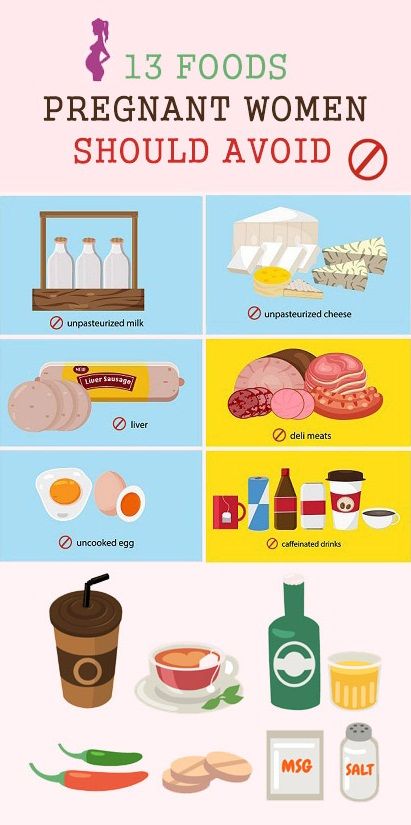 Cheese labeled "pasteurized" is considered a safe choice, whether hard cheese or soft cheese. Moreover, it no longer depends - whether it will be served cooked in a casserole, melted on a sandwich or hot on pizza, cut into a cold salad or put on a sandwich cut at room temperature. It is considered safe in any trimester of pregnancy and after childbirth, while breastfeeding. nine0002 Text: Alena Paretskaya.
Cheese labeled "pasteurized" is considered a safe choice, whether hard cheese or soft cheese. Moreover, it no longer depends - whether it will be served cooked in a casserole, melted on a sandwich or hot on pizza, cut into a cold salad or put on a sandwich cut at room temperature. It is considered safe in any trimester of pregnancy and after childbirth, while breastfeeding. nine0002 Text: Alena Paretskaya. 0 comments 0
Paretskaya Elena Mikhailovna (creative pseudonym Alena Paretskaya) Education: VolGMU (Volgograd State Medical University)
Area of professional competencies:
Pediatrician, nutritionist, active member of the IACMAC association, WHO/UNICEF certified breastfeeding consultant. General medical experience - 15 years. Since 2009years - the author and editor of scientific and popular publications on a wide range of health issues.